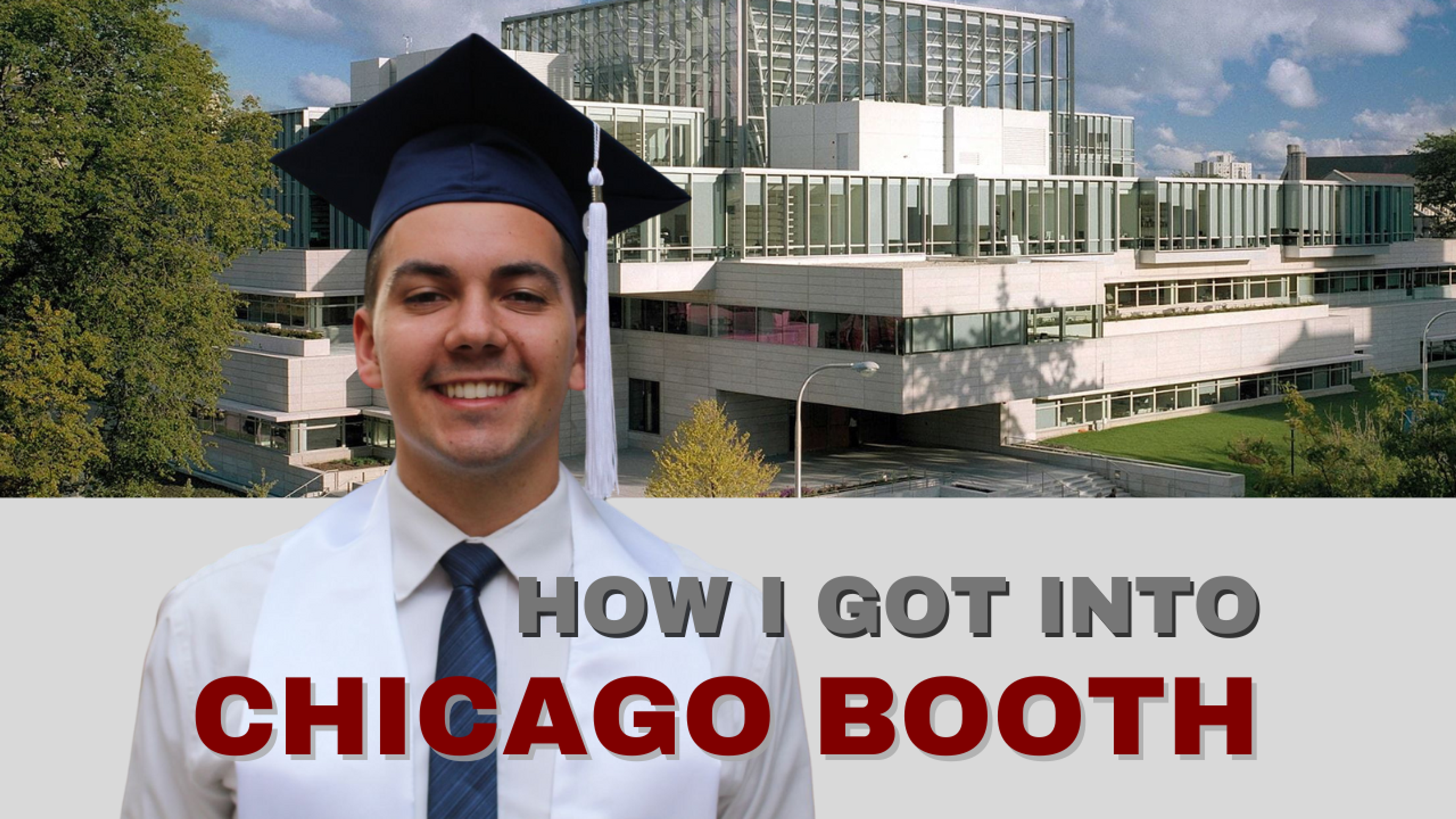
Table of Contents
Free Event

Featuring Horatiu S.
Profile Power: A LinkedIn Profile That Gets You In
Starting Tuesday, September 2
11:00 PM UTC · 45 minutes

Featuring Horatiu S.
Fitting your hopes and dreams into 500 (or sometimes fewer!) words is challenging for even the keenest writer. After coaching several applicants through Leland and beyond, I’ve found a few recurring tricks that can be used to shorten an essay. Hopefully, these will help make your writing tighter and clearer, all while allowing you to pass that pesky word count.
A General Approach
I recommend that applicants not spend too much time worrying about word count during their first draft. Your initial iteration of the essay is meant to get out the content that’s swimming in your head. You want to put as few barriers in front of you as possible and get whatever you can on paper. Editing and refining are easier than creating new content.
Once your essay’s content is solidified, you can begin worrying about the word count. I like to think about cutting down words like a sculptor chipping away at the marble. I’ll do a first read where I focus on easy wins (listed below), cutting stray words here and there that eventually add up. I’ll then read the essay over again, this time focusing on larger edits that might remove a whole sentence or paragraph. I go back and forth, but try not to read the essay more than three times in a row. At that point, taking time away from the piece and coming back to it with fresh eyes helps me find a new treasure trove of cuts I can make.
Specific Tips
So how do you actually cut these words? Here’s a list of both easy wins and bigger cuts to help you in your editing process.
Easy Wins
1. Shorten your lists.
I find that many of us, especially those who went to American colleges, are used to writing elaborately to make our essays longer in order to reach a certain page minimum. Lingering habits from this type of writing can make your essays overly complex. An easy place to cut words down is where you find yourself listing several words or phrases to describe one idea.
Examples:
At X program, I want to learn indispensable business and leadership skills to reach my goals.
- The edit: Get rid of either “business” or “leadership” – you don’t need both to make your point.
After we made the changes, my team had better numbers, an increased work-life balance, a connection to the mission, and an overall better attitude.
- The edit: Here, the sentence lists four outcomes for one change. While all may have been important, if you’re tight on words, a good edit would be to cut one, or even two, and keep the most significant listed items.

2. Remove filler words.
There are certain words we fall back on to sound eloquent or make an emphasis but that take up unnecessary space. The words listed below aren’t universally unnecessary, but try deleting them in your sentence and see if it still has the same meaning.
Here are a few filler words or phrases you can Control + F on your essay and experiment removing:
- So (as an adverb or adjective like “so important,” not necessarily as a conjunction, like “So, I decided to leave my job.”)
- Very
- Really
- Also
- Finally
- As well
- First of all, secondly, thirdly, etc...
- Broadly
- Most importantly
- In addition
- In general
- I think (we know you are the one thinking it because you are writing the essay)
- Bonus, switch out “such as” for “like” (one less word!)
3. Create contractions.
Another rule often taught in the American education system is to not use contractions (e.g. to write “is not” or “could have” instead of “isn’t” or “could’ve). But there is nothing inherently incorrect about using contractions in your writing. These little space savers are a great way to shave a few words from your essay.
Here’s a list of common contractions:
- aren't → are not
- there's → there is; there has
- can't → can not
- they'd → they had; they would
- couldn't → could not
- they'll → they will; they shall
- didn't → did not
- they're → they are
4. Look for the word “been.”
Without getting too much into the grammar, sometimes we use “been” to modify verbs. However, changing the sentence to simple past or present tense without “been” is an easy way to cut a word here or there. It may slightly change your meaning, so you’ll have to be the judge of whether this tip works for you.
Examples:
Healthcare has always been my passion.
- Edit: Healthcare is my passion.
It had been my dream to work in finance.
- Edit: It was my dream to work in finance.
5. Search for strings of verbs.
Another tempting way to spend unnecessary words is to use too many verbs in a row. Here are a few examples. Usually, one verb is enough to get your point across.
Examples:
If admitted, I would like to join the consulting club.
- Edit: If admitted, I would join the consulting club.
- Bonus edit: If admitted, I’d join the consulting club. (shaves off 3 words!)
This afforded me experiences that shaped my identity.
- Edit: These experiences shaped my identity.
Bigger Cuts
1. Look for “throat clearing.”
“Throat clearing” is what my writing professors called the long introductions we write to get warmed up before getting to the actual point of our essay. It’s completely normal to rely on throat clearing in first drafts. They also are a great place to cut excess words.
Look at the beginning of your essay or at the beginning of your paragraphs. If you completely cut out the first sentence, what would your essay sound like? While those sentences can sometimes serve a purpose, other times removing them helps us immerse our readers more quickly into our story.
2. Cut out clauses.
A clause is any short phrase, separated by commas, that adds detail to your sentence. They’re often at the beginning or the end of your sentence. Search to find clauses that may not be necessary to your larger point.
Examples:
As I’ve often told my friends and family, I love telling stories.
- Edit: I love telling stories.
I knew it was time to find a new role, despite the fact that it would mean making a big change.
- Edit: I knew it was time to find a new role.
3. Read it out loud.
An age-old piece of wisdom is to read your writing out loud. It sounds simple, but taking the time to actually say the words audibly will show you where things sound repetitive and where you wrote in such a complicated way that you can’t get through the sentence without stumbling.
Last Thoughts
As a creative writing major, I was told that I shouldn’t be afraid to “kill your darlings.” This means that sometimes that sentence or word you loved the most has to be sacrificed for the greater good, or the word count, of your essay. Don’t be afraid to experiment with removing whole sentences or paragraphs to get to your word limit – just create a copy of your document first so you can always go back to your original if you need.
Happy editing!
P.S – For guidance on any part of the application process, from choosing which school is right for you, to getting recommendation letters, and polishing your essays, work with me on Leland. Book a free intro call on my profile to get started.











